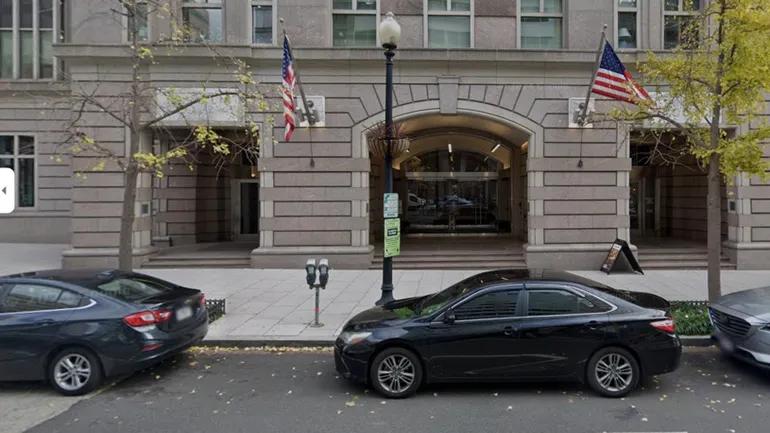Dive Brief:
- The National Labor Relations Board voluntarily dismissed Friday its appeal of a Texas federal judge’s decision enjoining its joint employer final rule.
- In a July 19 court filing for the case, NLRB v. Chamber of Commerce, the Board said that it would “like the opportunity to further consider the issues identified in the district court’s opinion” and that dismissal would “allow it to consider options for addressing the outstanding joint employer matters before it.”
- NLRB appealed the judge’s injunction in May. The Board said Friday that it “remains of the opinion” that the joint employer rule is lawful. It noted that a separate lawsuit that targets its rule has been placed in abeyance by the U.S. Circuit Court of Appeals for the District of Columbia.
Dive Insight:
Employers once again have an update on the NLRB’s nearly decade-long joint employer saga with seemingly more on the way, depending on the decisions of federal courts.
The 2023 joint employer final rule, effectively blocked due to the Texas district court’s decision, would have changed NLRB’s interpretation of the National Labor Relations Act’s joint employer standards, specifying that an entity may be considered a joint employer of another employer’s employees if the two share or codetermine essential terms and conditions of employment. Under the rule, entities would be considered joint employers if they possess or exercise either direct or indirect control over one or more essential terms and conditions of employment.
The 2023 rule essentially reinstated a standard, known as the Browning-Ferris standard, that had originally been articulated by the Obama-era NLRB in its 2015 decision in Browning-Ferris Industries.
In 2020, the Trump-era NLRB published a joint employer final rule that overturned Browning-Ferris and clarified that an entity may only be considered a joint employer if it possesses and exercises substantial direct and immediate control over an employee’s essential terms of employment. The 2023 rule sought to remove and replace the 2020 rule.
“We are pleased the Board decided to withdraw its appeal of the court’s decision and that the court’s ruling to block the NLRB’s radical and overbroad joint employer standard is now final,” Ben Brubeck, vice president of regulatory, labor and state affairs at the Associated Builders and Contractors, one of the 2023 rule’s challengers, said in a press release Friday.
Meanwhile, the Service Employees International Union has filed two challenges relevant to the NLRB’s joint employer rulemaking.
The first is a 2021 suit against the Trump-era Board in which the SEIU claimed that NLRB’s 2020 joint employer rule did not properly include employers with an unexercised right to control essential terms and conditions of employment and did not include health and safety concerns in that list of terms and conditions. That litigation is currently stayed.
The second, filed in 2023, asked the U.S. Circuit Court of Appeals for the District of Columbia to determine whether the current Board erred when it did not include all mandatory subjects of collective bargaining underneath its definition of essential terms and conditions. That case has been placed in abeyance by the D.C. Circuit.
NLRB referenced both of the SEIU cases in its July 19 filing, stating that it was “keenly interested in receiving wisdom from multiple courts to help resolve the complex matters underlying this rulemaking.” The Board also said that it “has several rulemaking petitions on its docket regarding the joint employer issue raising similar issues.”
Management-side attorneys who spoke to HR Dive after the Texas federal judge enjoined its most recent joint employer rule noted that the Board could either engage in additional rulemaking on the subject or return to a case-based decision approach to revisit joint employer issues.

